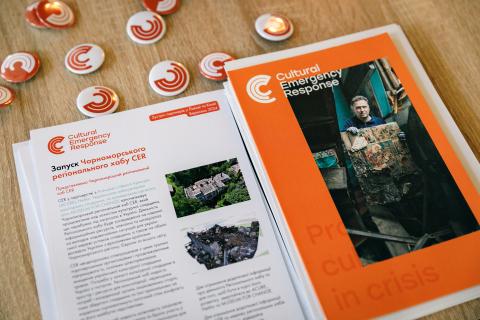
It became the fifth hub in the world created by the international non-governmental organization Cultural Emergency Response (СЕR).
The Black Sea Regional Hub in Ukraine was co-founded by three non-governmental organizations from Kyiv, Lviv, and Odesa that work to preserve and save cultural heritage - the Agency for Cultural Resilience (ACURE), HeMo Ukrainian Heritage Monitoring Laboratory, and Museum for Change.
The Black Sea Regional Hub of CER will focus on the protection of cultural heritage that is damaged or threatened in Ukraine and eventually in the Black Sea region, with the involvement of partners from other countries. The co-founding organizations of the Hub will combine their capacities to provide information resources, training and assistance in responding to emergencies, and exchange experience with countries in the Black Sea region, Europe, and the world.
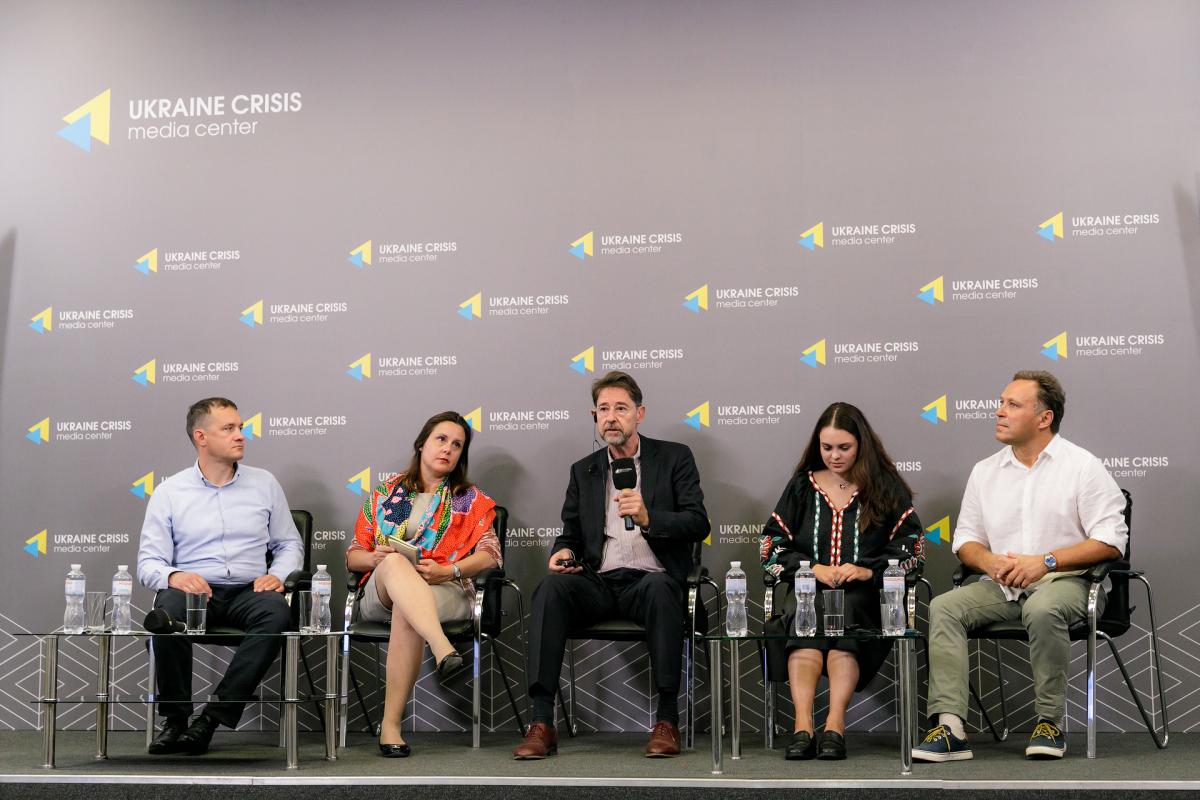 “The opening of the Black Sea Hub is an extremely important event, we support our key partners in Ukraine. The cultural sphere is very close to people's hearts and minds. The support that the Netherlands has provided to Ukraine over the past two and a half years has mainly focused on the military and civilian infrastructure. But it also includes support for the cultural sphere. The key words here are cooperation and coordination, because we have to focus resources where there are urgent challenges.
“The opening of the Black Sea Hub is an extremely important event, we support our key partners in Ukraine. The cultural sphere is very close to people's hearts and minds. The support that the Netherlands has provided to Ukraine over the past two and a half years has mainly focused on the military and civilian infrastructure. But it also includes support for the cultural sphere. The key words here are cooperation and coordination, because we have to focus resources where there are urgent challenges.
The Black Sea Regional Hub initiative can work together with the international community and with as much involvement of the Ukrainian government as possible. We will facilitate the maintenance of a war crimes register in the Netherlands, in The Hague, because crimes against culture are also crimes of war. That is why everything that is happening and being initiated today is extremely important,” said Robert J. Quarles van Ufford, Head of the Department of Cultural Cooperation at the Ministry of Foreign Affairs of the Netherlands.
The international non-governmental organization Cultural Emergency Response (CER) has been working with Ukrainian partner organizations since the beginning of the full-scale Russian invasion, and the Black Sea Regional Hub became the next stage of support. It is the fifth hub in the CER network: there are already hubs in Central America, the Caribbean, the Western Balkans, and Lebanon. According to CER Program Manager Vanessa Fraga Prol, the hub in Ukraine is different from the others because it was created in a time of war, unlike the hubs that were mostly a response to natural disasters such as hurricanes, volcanic eruptions, and flooding, but the experience of the hub in Lebanon, which was created after the explosions in the port of Beirut, and in the Balkans may be somewhat similar.
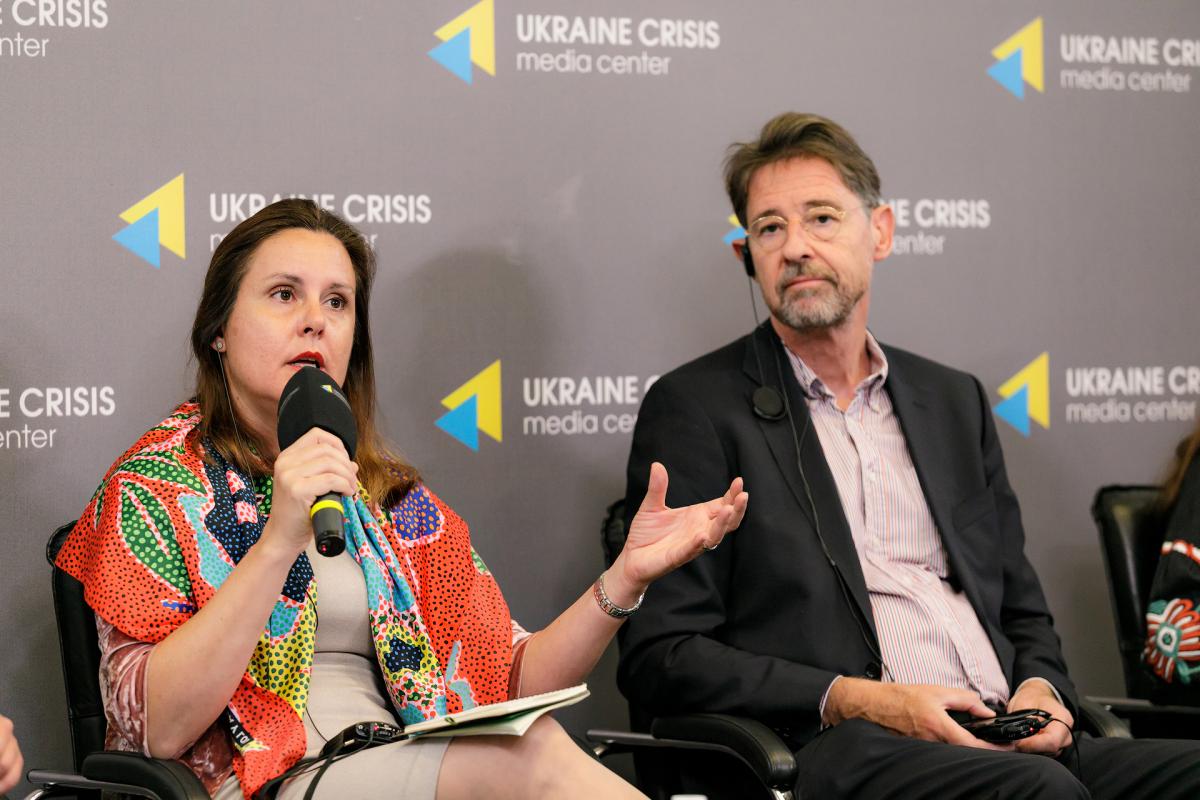 “The Black Sea Regional Hub will help to create a structure and be better prepared, more coordinated, and more powerful in responding to threats. Cultural institutions need to prepare, because when there is an emergency, heritage can often be overlooked. Partners and civil society have gathered a lot of knowledge on how to respond to needs and challenges. This initiative should be horizontal and vertical at the same time.
“The Black Sea Regional Hub will help to create a structure and be better prepared, more coordinated, and more powerful in responding to threats. Cultural institutions need to prepare, because when there is an emergency, heritage can often be overlooked. Partners and civil society have gathered a lot of knowledge on how to respond to needs and challenges. This initiative should be horizontal and vertical at the same time.
The maximum number of cultural institutions should be covered, because the cultural heritage system is an ecosystem, not only national heritage but also private collections, and the focus should be on archives, libraries, museums, and monuments.
We need to involve the military and rescuers in the protection, because we will not be able to fulfill the necessary tasks on our own. It is important that the authorities respond effectively to changes. Because if we lose culture now, it will be forever,” emphasized Vanessa Fraga Prol, Head of the Cultural Emergency Response Program.
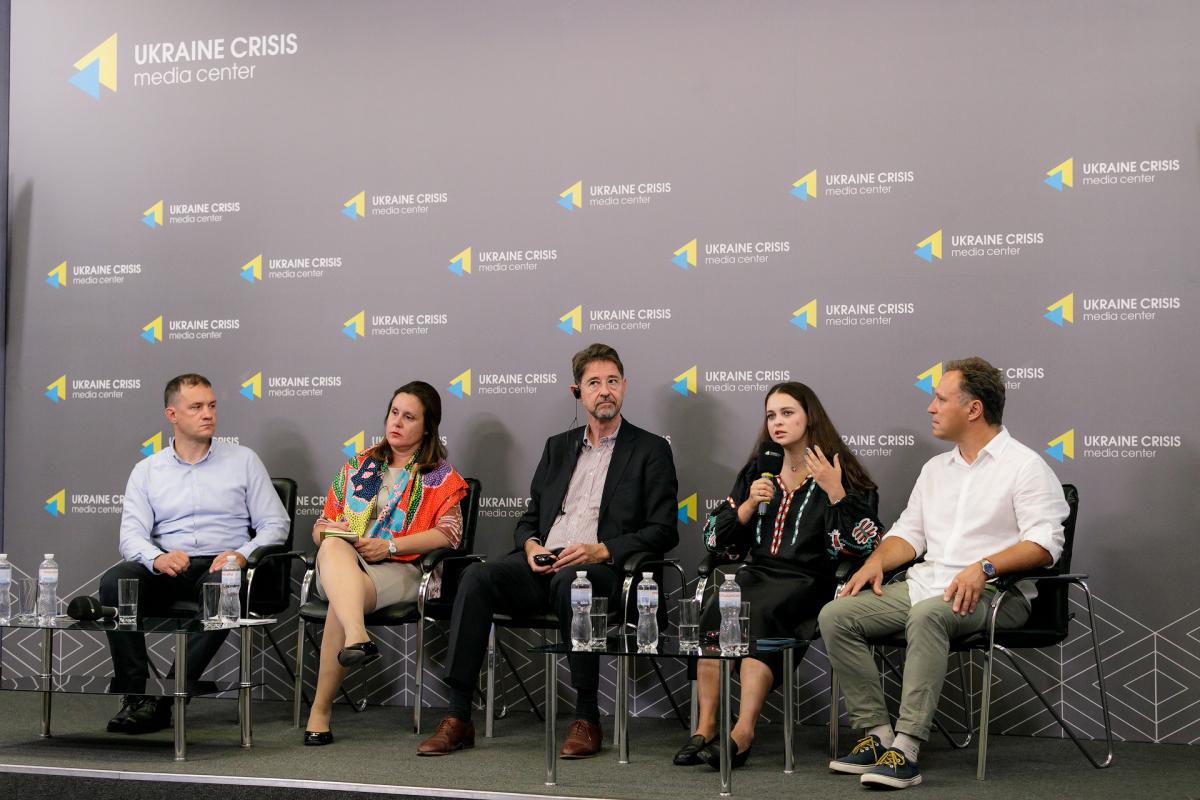
Museum for Change has been working in Odesa since 2017 to improve museum communications and fundraising. Since the beginning of Russia's invasion of Ukraine, activists have helped more than a hundred colleagues and institutions with the necessary materials, sought partners, and raised funds to preserve heritage and support teams.
“As part of this project, we plan to collect all the best practices of museums, archives, and libraries that already have experience and structure all the information. That is, there are museums whose buildings were hit, there are those that were nearby, others had fires, and some were good at evacuating. We want to keep all this knowledge and response experience in one place, because situations repeat themselves. This way, cultural managers, representatives, and employees of these institutions will already have an understanding of how to respond,” said Daria Dyakova, director of Museum for Change.
After the start of the full-scale Russian invasion, proactive Ukrainian museum workers created the Headquarters for the Rescue of Heritage (HERI), which helped Ukrainian cultural institutions respond quickly to challenges and needs. Later, the Ukrainian Heritage Monitoring Laboratory HeMo focused on documenting heritage destruction, expeditions, and digitalization. It has already covered 15 regions and more than a thousand sites to rescue, stabilize, and restore them according to the methodology of The International Centre for the Study of the Preservation and Restoration of Cultural Property (ICCROM) and to bring Russia to justice in international courts.
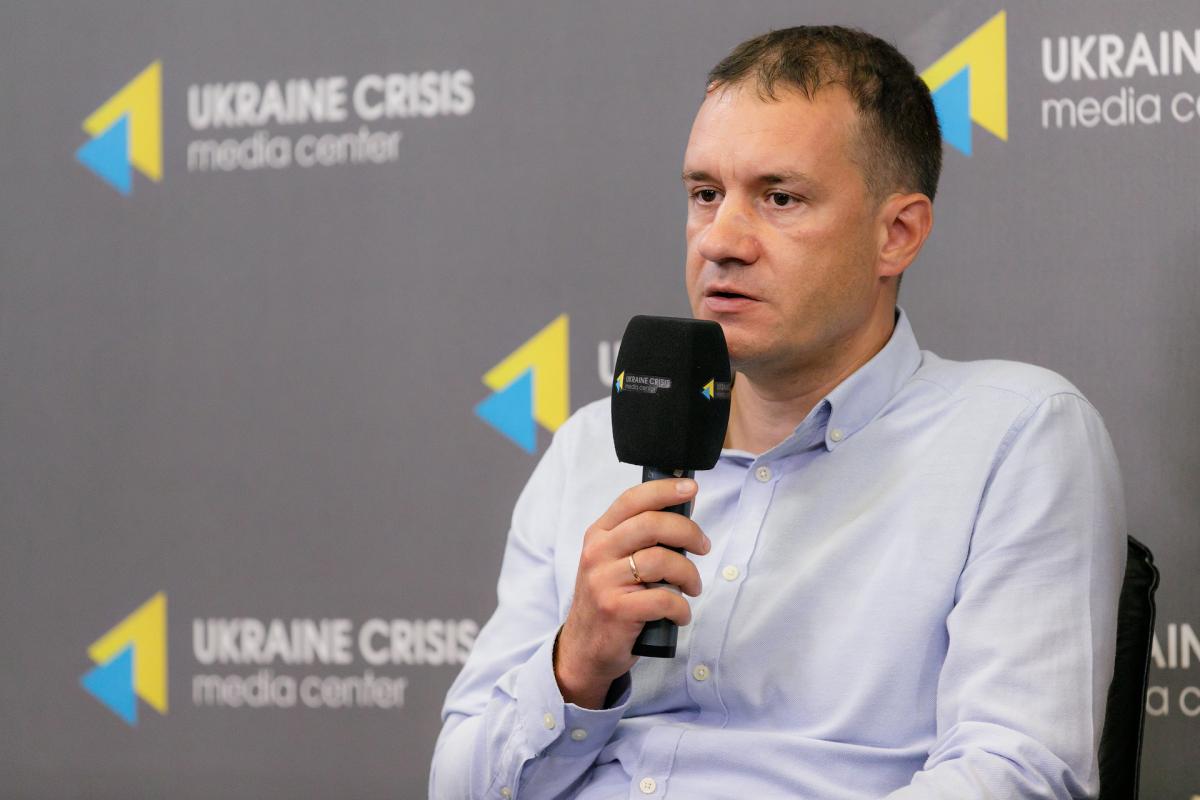 “The second major area is digitalization, in particular of museums, according to international standards in the Ukrainian context. It is important to digitize our heritage, which is currently inaccessible to visitors and threatened by the war, and make it accessible in Ukraine and the world.
“The second major area is digitalization, in particular of museums, according to international standards in the Ukrainian context. It is important to digitize our heritage, which is currently inaccessible to visitors and threatened by the war, and make it accessible in Ukraine and the world.
All of this is about vast knowledge of what to do and how to document. Knowledge management will be our contribution to the Hub. It is about cooperation and interaction not only between us, but also with all related initiatives,” emphasized Vasyl Rozhko, founder of Heritage Monitoring Lab, head of the Tustan NGO.
Since 2022, a hub of the Heritage Emergency Rescue Institute (HERI) has been operating in Kyiv, focusing mainly on the distribution of materials and protective equipment. From the first days of the full-scale war, museum workers tried to meet the needs of their colleagues in the regions, and managed to help at least 300 institutions. Therefore, the Black Sea Hub is a continuation and strengthening of the work done, as we are constantly conducting expeditions, translating methodological publications and international instructions, conducting trainings, collecting artifacts, documenting damage and assessing risks to the cultural heritage sector, and operating our Mobile Digitization Laboratory,” said Ihor Poshyvailo, co-founder of the Agency for Cultural Resilience (ACURE), Director General of the National Museum of the Revolution of Dignity. He emphasized that the launch of the Black Sea Hub in Ukraine right now has not only practical but also symbolic significance, as this year the world celebrates the 70th anniversary of the 1954 Hague Convention for the Protection of Cultural Property in the Event of Armed Conflict.
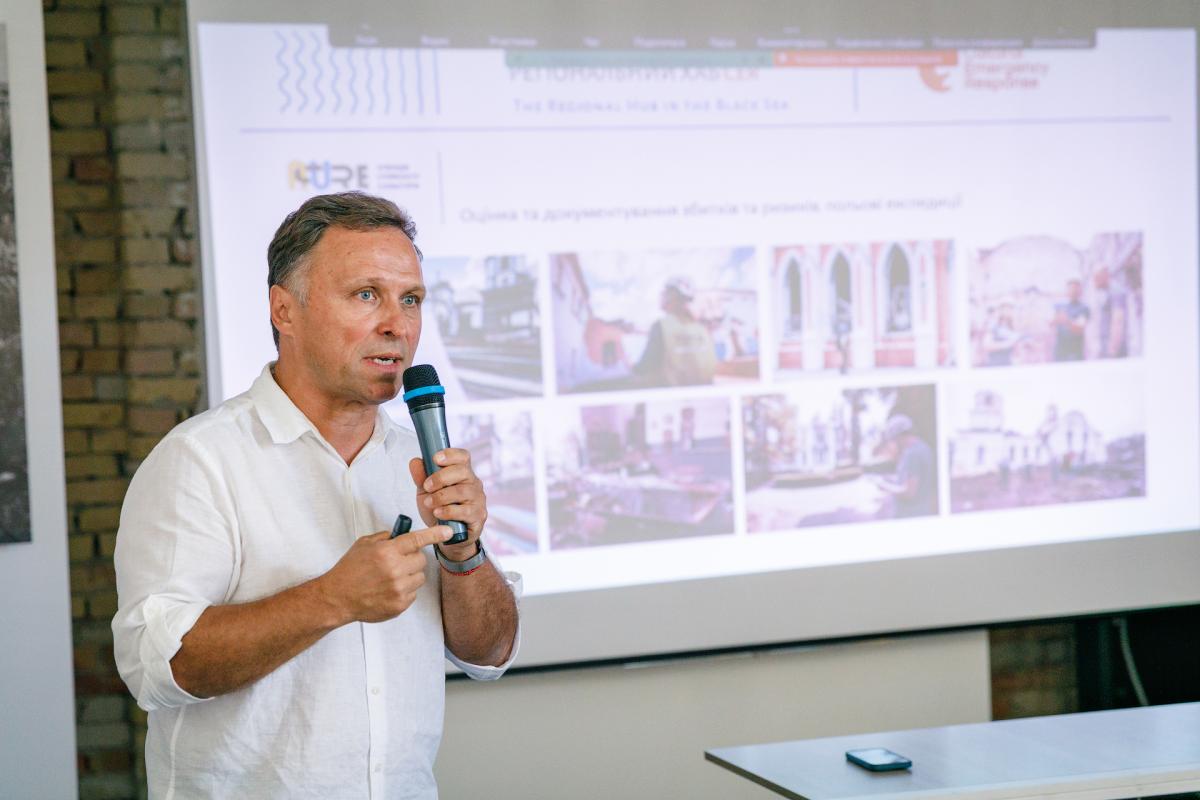
“There were a lot of hopes for the Hague Convention, which was supposed to protect our cultural heritage from Russian aggression. This agreement was a reaction of the civilized world to the losses of the Second World War. Later, it was supplemented by two protocols, as it became clear that the convention needed mechanisms for its implementation. For Ukraine, a signatory to the Hague Convention and both Protocols, it is particularly relevant and important that international law is implemented, not just declared. Therefore, the Hub will operate in the context of the Hague Convention. It is important to create a system of rapid response and protection of cultural property in advance, to assess losses and risks, to collect the necessary evidence for the International Criminal Court and other jurisdictions that will be created specifically to prosecute perpetrators of crimes against identity and culture.”
One of the missions of the Black Sea Regional Hub is to influence the formation of cultural policy and emergency response strategies at the state level, and after the war, the stabilization processes of early recovery of Ukraine's reconstruction. In Kyiv, the initiators of the Hub and partners discussed how the challenges and needs of cultural institutions are changing, what the strategy of the Black Sea Regional Hub should be, and what experience Ukraine can already share with the world with a wide range of representatives of the cultural sector, law enforcement (the Office of the General Prosecutor General), rescuers (the State Emergency Service), the Armed Forces, local governments, and diplomats. The Regional Hub will help the interested institutions to cooperate, develop channels and protocols for coordination between authorities, response services and cultural heritage institutions. At the same time, the Regional Hub in Ukraine will institutionalize the progress made by Ukrainian cultural heritage advocates since the beginning of the Great War.
